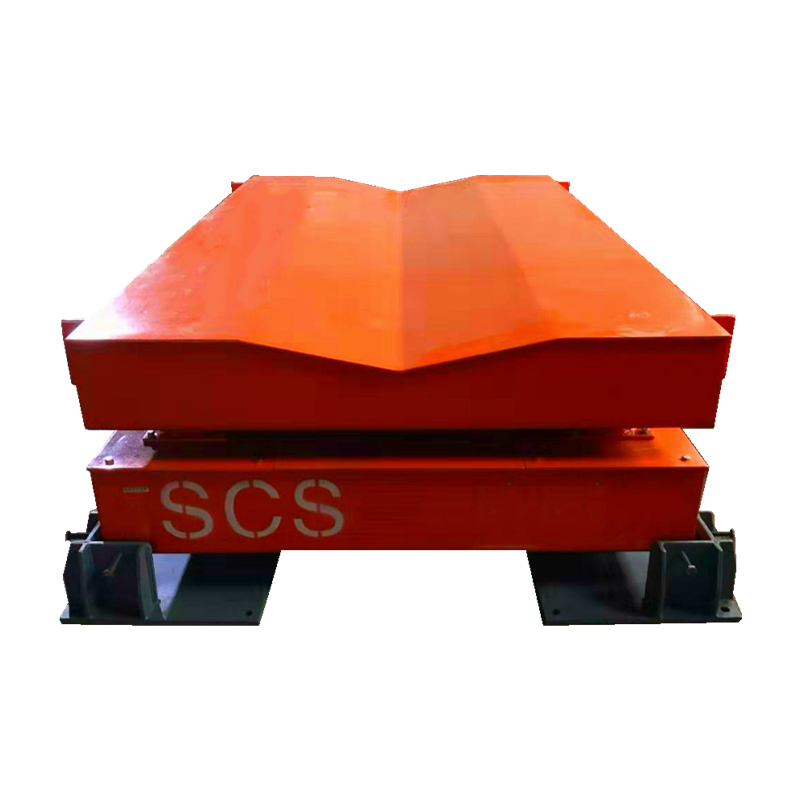The Impact Advantage: How Buffer Scales Improve Accuracy in Dynamic Weighing

In the fast-paced world of conveyor belt applications, achieving accurate weight readings can feel like chasing butterflies. Vibrations, product inconsistencies, and variations in speed can all throw off your measurements, leading to costly errors. Enter the hero of the dynamic weighing scene: the buffer scale.
The Challenge of Dynamic Weighing
Traditional conveyor belt scales rely on a single weighbridge to capture weight data as products travel across. While effective in controlled environments, this method struggles in dynamic situations. Here's why:
Vibrations: Conveyor belts naturally vibrate, introducing noise into the weight readings.
Product Inconsistencies: Variations in product size, shape, or density can cause fluctuations in weight data.
Speed Fluctuations: Changes in conveyor belt speed can impact the accuracy of weight capture.
The Buffer Scale: A Smoother Weighing Ride
Buffer scales address these challenges by introducing a buffer zone between the conveyor belt and the weighbridge. Here's how they work:
The Buffer Zone: Products accumulate on a short, vibrating platform before reaching the weighbridge. This vibration helps settle the product and reduces the impact of product inconsistencies.
Averaging for Accuracy: The buffer scale captures weight data throughout the buffer zone, not just at a single point. This averaging process helps to smooth out fluctuations and provide a more accurate overall weight measurement.
Speed Compensation: Advanced buffer scales can account for variations in conveyor belt speed, further improving the accuracy of weight readings.
The Buffer Advantage: Benefits Beyond Accuracy
The benefits of buffer scales extend beyond just improved accuracy:
Reduced Waste: More precise weight data allows for better control of filling processes, minimizing product giveaway.
Improved Efficiency: Accurate weight readings ensure you're not overloading or underloading trucks, trailers, or other containers.
Enhanced Product Quality: Consistent weight measurements can help maintain product quality and consistency.
Who Needs a Buffer Scale?
Buffer scales are ideal for a variety of applications where dynamic weighing presents challenges. Here are some prime candidates:
Food and Beverage: For accurate weighing of grains, powders, and other bulk materials.
Pharmaceuticals: To ensure consistent dosing and prevent product waste in sensitive applications.
Chemical Processing: For precise measurement of powders, granules, and liquids.
Recycling: To accurately sort and weigh recyclable materials.
Investing in a Smoother Weighing Experience
While buffer scales may require a slightly higher initial investment than traditional conveyor belt scales, the benefits in terms of accuracy, efficiency, and cost savings can make them a worthwhile investment.
Ready to Buffer Your Weighing Woes?
If you're struggling with inaccurate weight readings in your dynamic weighing applications, a buffer scale might be the answer. Contact a reputable weighing equipment supplier today to discuss your specific needs and explore how buffer scales can help you achieve smoother, more accurate weighing operations.
- Art
- Causes
- Crafts
- Dance
- Drinks
- Film
- Fitness
- Food
- Games
- Gardening
- Health
- Home
- Literature
- Music
- Networking
- Other
- Party
- Religion
- Shopping
- Sports
- Theater
- Wellness


